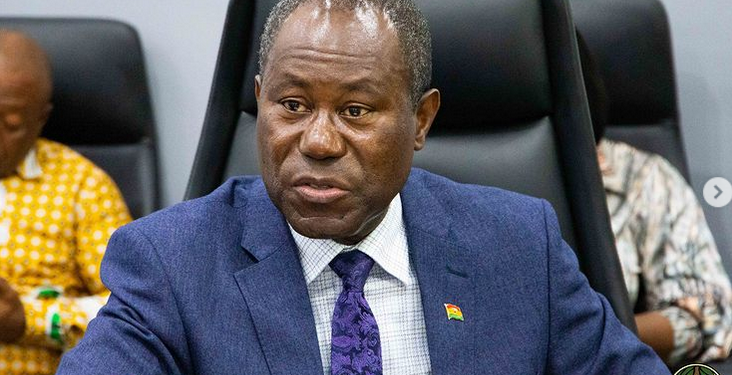
Some cocoa farmers in Ghana have lodged a formal complaint with COCOBOD, calling for swift action to address longstanding issues including deforestation, child labour, unsafe pesticide use, and, crucially, the payment of their living allowance.
The farmers’ complaint seeks to hold COCOBOD accountable by testing a grievance mechanism that the regulator set up as a condition for securing a $600 million loan from the African Development Bank in 2019.
The farmers, 30 in number have raised concerns, pointing out that, despite COCOBOD’s regulatory authority, the cocoa sector has struggled with these issues for over a decade.
The farmers argue that these persistent challenges undermine the welfare of cocoa farmers and their families, claiming that COCOBOD has not effectively monitored or managed the impact on the community.
Phidelia Gameli, one of the farmers, emphasized the need for COCOBOD to prioritize farmer welfare. “Improving the welfare of cocoa farmers should be at the forefront of COCOBOD’s responsibilities,” Gameli told Citi Business News.
This collective action is being supported by the University of Ghana School of Law, Civic Response, a non-profit organization, and the Chicago-based Corporate Accountability Lab. Together, they aim to bring greater accountability to COCOBOD and improve conditions in Ghana’s cocoa industry.
“Despite efforts to improve environmental sustainability and social well-being within COCOBOD projects, major issues persist. Deforestation, an inadequately paced shift to agroforestry, the excessive use of harmful and toxic pesticides and other chemicals, and hazardous child labour are mainstays of the cocoa industry in Ghana, many of which persist at least in part because of opaque supply chains and the low price cocoa companies pay for cocoa. All of this must change”, the complaint sighted by Citi Business News read in parts.
Despite concerted efforts by COCOBOD and other governmental agencies to address the growing trend of cocoa smuggling, little progress has been made in curbing the illicit trade.
Ghana lost an alarming 120,000 metric tons of cocoa beans to smuggling between 2022 and 2023.
This significant loss poses a major threat to Ghana’s cocoa industry, a vital sector of the national economy.
The smuggling of cocoa beans, a long-standing issue in Ghana, appears to have worsened in recent years, driven largely by the allure of favourable prices in neighbouring countries.
In 2018, the Ghana Cocoa Board (COCOBOD) established an Environmental and Social Management System (ESMS) that includes a grievance and redress mechanism.
The ESMS seeks to provide a structured framework for identifying and managing potential environmental, social, health and safety risks, impacts and opportunities of all operations in the cocoa sector.”
The ESMS and the grievance and redress mechanism apply to “COCOBOD, its subsidiaries and divisions, productivity-enhancing programmes, projects and activities, contractors, service providers, consultants and parties associated with any of the operations of the Board.

